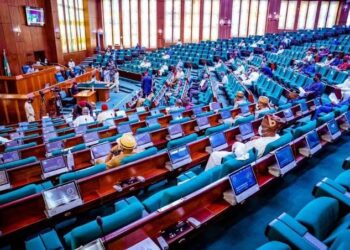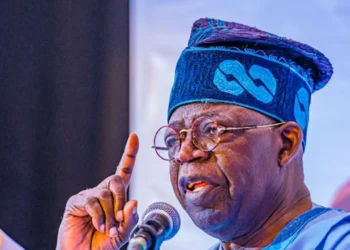*Failure to achieve the SDGs will have existential implications for our generation and for those yet unborn – Vice President
SPEECH BY HIS EXCELLENCY, VICE PRESIDENT, FEDERAL REPUBLIC OF NIGERIA, YEMI OSINBAJO, SAN, GCON, DURING THE INAUGURATION OF THE PRESIDENTIAL COUNCIL ON THE SUSTAINABLE DEVELOPMENT GOALS (SGDs), AT THE PRESIDENTIAL VILLA, ABUJA, ON FRIDAY, SEPTEMBER 15, 2017.
PROTOCOLS
At the United Nations General Assembly in September of 2015, President Muhammadu Buhari joined other Heads of State and Government to adopt the Sustainable Development Goals (SDGs), a universal call to action to end poverty, protect the planet and ensure that all people enjoy peace and prosperity.
Audaciously ambitious as the goals may appear, they capture the urgency and range of the major challenges that confront humanity, especially developing nations. They underscore the reality that only a global partnership supporting home grown and inclusive solutions stands a chance of achieving the goals.
Building on the millennium development goals, the SDGS open up new priorities such as climate change, economic inequality, innovation, sustainable consumption, peace and justice. The goals are interconnected. Succeeding in one will involve dealing with issues fundamentally associated with another.
With a number of time-bound targets and indicators against which national progress will be measured till 2030, the SDGs have begun to galvanize development planning and execution globally.
Our government has taken the firm view that the implementation of the SDGs Agenda has and will have decisive implications for Nigeria’s development; which explains why the SDGs occupy a prominent place in our Economic Recovery and Growth Plan, which the President launched in April to guide Nigeria along the path of inclusive and sustainable economic growth. Progress on the Goals will have a positive effect on our poverty and unemployment numbers. It will reduce the number of mothers who die during childbirth and our children who are unable to mark
their fifth birthday, and, of course, the figures also of out-of-school children.
It will empower our girls and women, and bridge the gender inequality gap. Success with the implementation of the SDGs will have an impact on our cities, and on the quality of the lives of those who live within them.
It is, therefore, clear that the achievement of the goals equals a quantum socio-economic leap for Nigeria. Failure to achieve the SDGs will have existential implications for our generation and for those yet unborn.
We are, therefore, in a real sense, a generation at the threshold of history, saddled with the responsibility of bringing about the change that will alter our development trajectory for the benefit of our people and planet.
The Presidential Council on SDGs will provide policy direction for the implementation of the SDGs in Nigeria, and ensure that there is coherence at the national and sub-national levels. This council’s work will be crucial for resource mobilization, prioritization of interventions, periodic assessment, as well as the overall oversight of SDGs implementation.
Permit me to take this opportunity to extend our appreciation to all of our international development partners, members of the Diplomatic Corps, the private sector, Civil Society Organizations, and all stakeholders gathered here today for their unwavering commitment to Nigeria’s development. I certainly look forward to working with you for the attainment of the SDGs in Nigeria.
It is, therefore, my special pleasure and privilege to inaugurate the Presidential Council on Sustainable Development Goals for the benefit of our people and to the glory of God.












